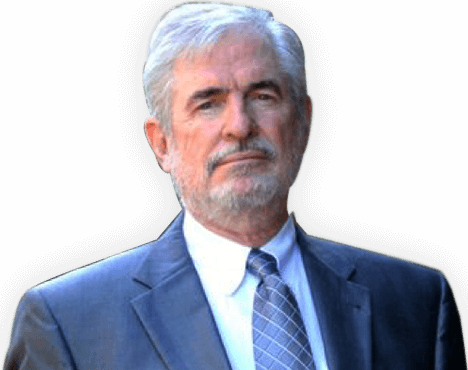Most people in Mount Pleasant are likely familiar with the term “Miranda warning” yet are unfamiliar with it actually means (and the protections that it provides). This is likely due to the assumption that most will never be in a position to need such protection. Yet no one can anticipate when they might come under criminal scrutiny. If and when it happens, one will want to know exactly what they are required and not required to do in order to protect themselves (even if they have done nothing wrong).
According to the Cornell Law School, the Miranda warning must be conveyed to those being arrested by law enforcement authorities. It must detail that following rights due to a criminal defendant:
- The right to remain silent
- The right to consult with an attorney
- The right to have an attorney present when being questioned by law enforcement officials
- The right to have an attorney appointed if one is unable to afford such services on their own
If laws enforcement authorities fail to give one who has been arrested the Miranda warning (and the person does not expressly waive their Miranda rights), then anything that they may say during a subsequent interrogation will be inadmissible in court.
This prompts the question of what exactly it means to invoke (or waive) one’s Miranda rights. Some might think that by simply not saying anything during an interrogation, they are exercising those rights. Yet that is not the case. Per case histories shared by the Marshall Project, a person must directly say that they are exercising their Miranda rights when being questioned. If and when they do, law enforcement officials must immediately halt any interrogation efforts. Under no circumstances are their exceptions to the Miranda warning (even in cases involving violent crimes).


